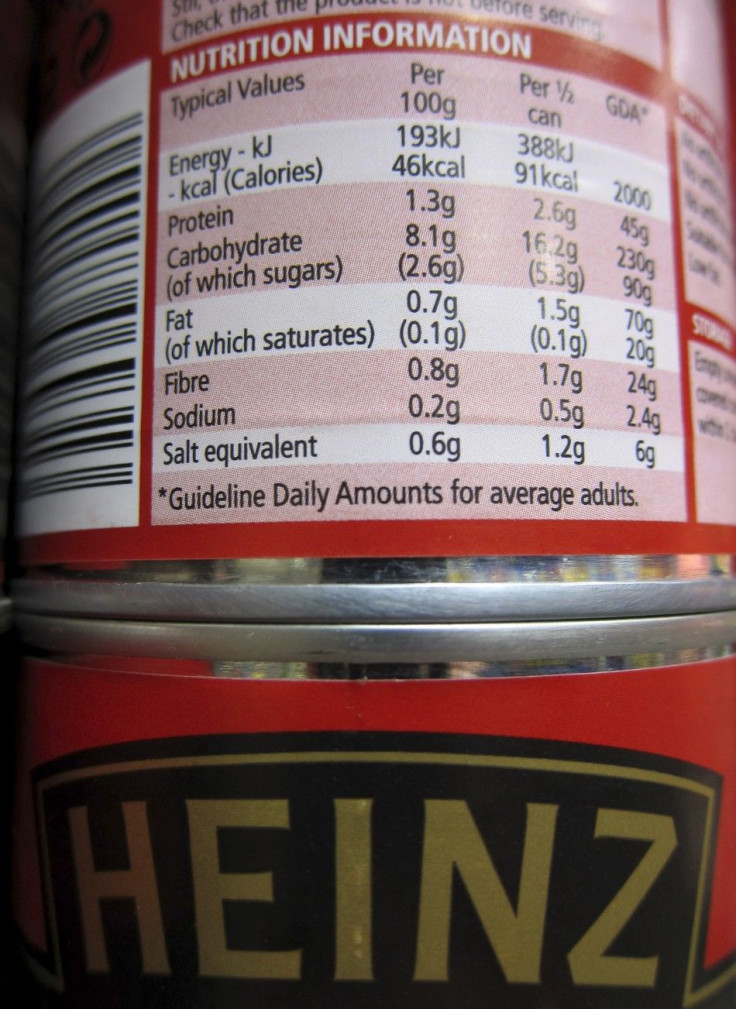Study: Consumers Ignore Nutrition Labels, Go For What's Tasty

When Congress passed the Nutrition Labeling and Education Act of 1993 (NLEA), the intent was to increase consumers' awareness of food. But a study conducted by three Duke University academics found that intent has not stopped neither companies from making unhealthy food nor Americans from eating such fare.
The researchers, whose report will be published in March, found the overall nutritional quality of brand name foods in supermarkets fell but became tastier. The paradoxical result came after many food companies made the decision to emphasize taste over nutrition, according to Prof. Christine Moorman, one of the three academics.
The fact is that consumers actually don't care about nutrition as they care about taste, she said, adding the nutrition label did not overcome past consumer biases. We find that there's a not a lot of use of the label itself, especially in categories where consumers have a lot of experience. Most people don't and even if they do see it, it's hard from them to switch (to another brand).
The problems range deeper though. Not only do consumers largely ignore nutrition labels, the overriding perception equates healthy foods with bland tastes, Moorman added.
Since nutrition is perceived to be negatively correlated with taste, we believe many companies decided to reduce the nutritional value of their food products after the passage of the NLEA, she said. Nutrition labels were generally not present before the NLEA, consumers would not be aware of these changes, only that the product competed well on taste.
The findings are actually an amalgam of two studies, one which compared food products that fell under NLEA and featured nutrition labels after 1993, and a second set which didn't. The second part of the study used Consumer Reports assessments to check for changes in nutrition and taste.
But the results of the study were not wholly dire. Nutrition labels did improve so-called junk foods, which have become healthier since the passage of NLEA. Also, companies with smaller or fewer brands were more likely to improve the nutritional quality of their foods, the study found.
This makes sense because companies may have hoped to grab the attention of health-conscious consumers while many of their large counterparts hesitated for fear of negative consumer reactions, Moorman said.
© Copyright IBTimes 2024. All rights reserved.





















